Comprehensive Guide to Water Heater Replacement Cost Factors for Chandler
When you're thinking about water heater replacement, it's important to have a clear picture of the expenses that come with it. Whether you're looking at electric or gas water heaters, understanding the cost factors is key. By doing your homework and gathering information about the associated costs, you can make a well-informed decision that fits your budget and guarantees a dependable hot water system for your Chandler home.

When is it necessary to replace a water heater?
When it comes to water heater replacement, it is crucial to know the signs that indicate it's time for a new one. Maintaining a steady flow of hot water in your Chandler household depends on being aware of a few important factors.
Age: When it comes to water heaters, they generally have a lifespan of around 8-12 years. If you find that your water heater falls outside of this range, it's a clear indicator that it might be time for a replacement.
Corrosion: When you start seeing rust or corrosion on the tank, it is a strong indication that a water heater replacement is necessary.
Leaks: Although certain leaks can be mended, others may necessitate the replacement of the entire unit.
Inadequate hot water: Is your hot water supply dwindling? Are you finding yourself running out of hot water sooner than usual? These could be indicators that it's time for a water heater replacement.
For a reliable and uninterrupted supply of hot water, it's crucial to be proactive instead of waiting for your outdated water heater to break down. One way to achieve this is by conducting regular maintenance on your system. Flushing the tank to eliminate sediment, checking for leaks, and inspecting the heating elements are all important steps in extending the lifespan of your water heater. In addition, it's essential to be aware of warning signs that indicate the need for a replacement. These can include the age of the unit, corrosion, leaks, and insufficient hot water. By staying vigilant and addressing these issues promptly, you can prevent them from escalating into more significant problems.

What factors influence the cost of water heater replacement?
When it comes to replacing a water heater, one must consider various factors that can impact the overall cost. These factors are crucial to keep in mind while planning for a water heater replacement. It is always advisable to seek assistance from a professional who can provide accurate estimates and personalized advice based on your unique circumstances in Chandler.

Water heater type: The expense associated with various water heater categories, such as tankless or conventional tank models, can fluctuate depending on their dimensions and energy efficiency ratings.
Unit size: Typically, larger water heaters come with a higher price tag owing to their expanded capacity.
Additions: Supplementary features such as automatic shutoff valves or pressure relief valves could contribute to the total replacement cost.
Installation expenses: The price of installation can fluctuate based on factors like project intricacy, the necessity for extra materials, and the requirement for new pipes or venting systems.
Labor expenditures: Skilled plumbers may charge an hourly rate or a fixed fee for their services, potentially affecting the overall cost.

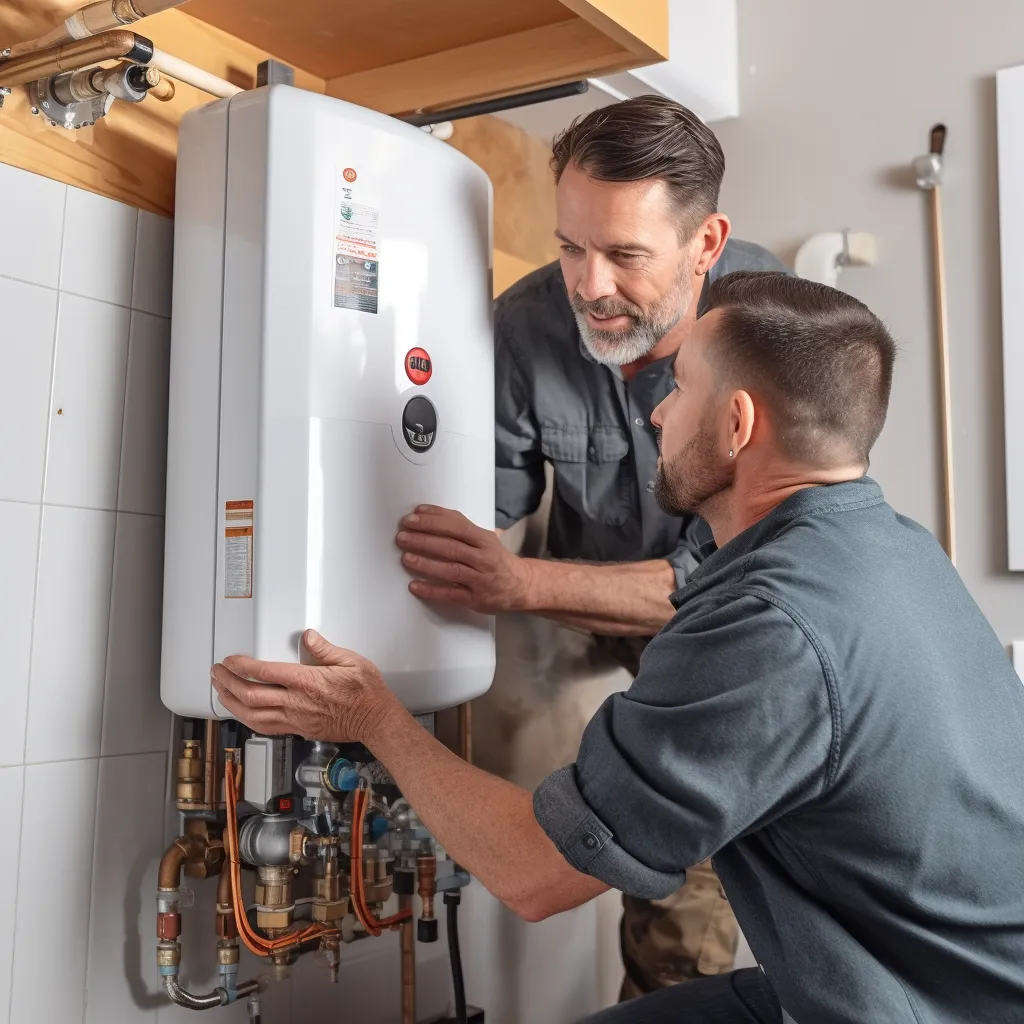
Consider energy efficiency during replacement
Investing in a water heater replacement can offer significant advantages, especially when opting for an energy-efficient model.
Reduced utility bills: Energy-efficient models consume less energy, leading to reduced monthly utility expenses and long-term financial savings.
Enhanced comfort: These water heaters deliver a consistently comfortable and dependable stream of hot water, guaranteeing a steady supply at the desired temperature for your requirements.
Durability: Newer models are designed using top-notch materials and cutting-edge technology, ensuring durability and reliability for extended periods of use.
Eco-conscious choice: These water heaters deliver a consistently comfortable and dependable stream of hot water, guaranteeing a steady supply at the desired temperature for your requirements.
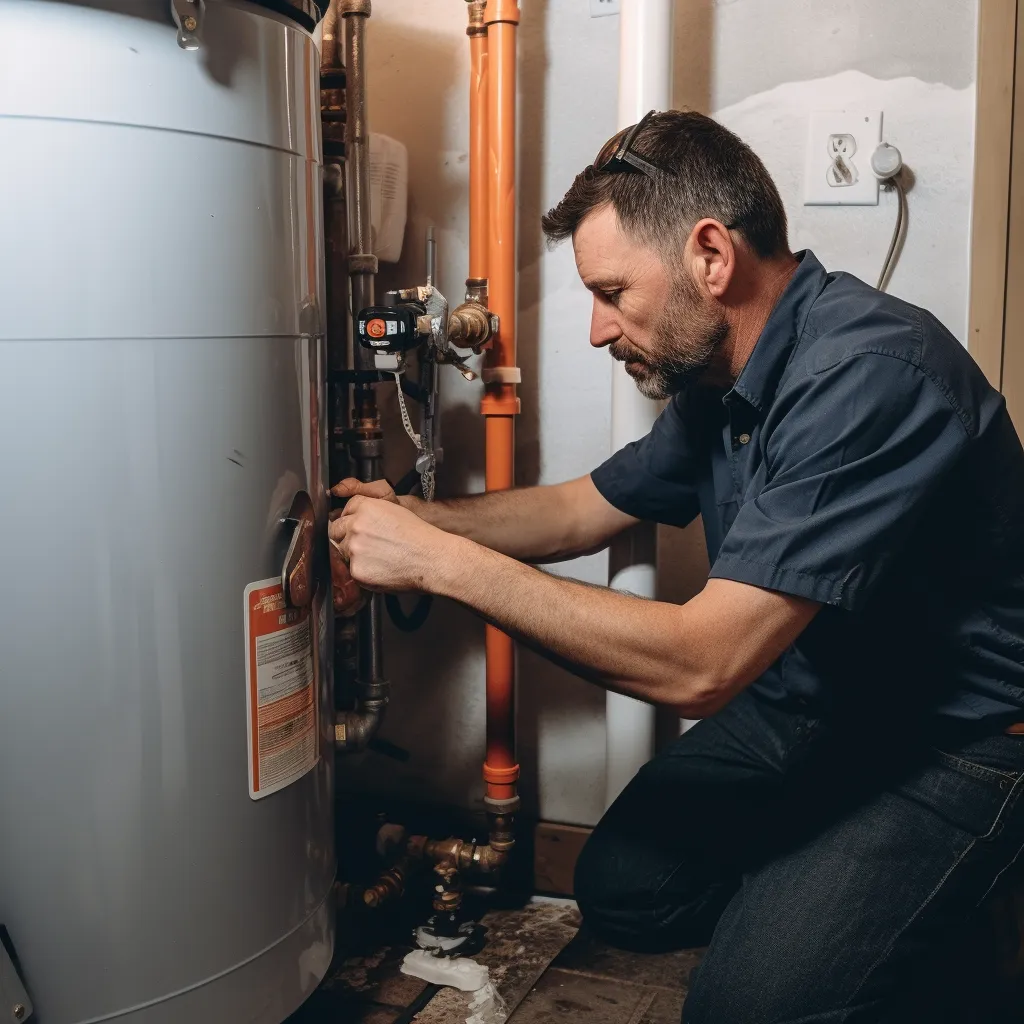
Determining the proper water heater size for your Chandler home
To ascertain the suitable size for your hot water heater, it is advisable to seek guidance from a professional who can evaluate your individual requirements and offer customized advice. Factors influencing the necessary size encompass:
The number of individuals in your Chandler household plays a pivotal role in determining the quantity of hot water necessary. Typically, a larger household will require a water heater with a greater capacity to fulfill the demand.
Take into account your hot water consumption patterns. If your home features multiple bathrooms or you utilize hot water for activities such as laundry and dishwashing, it might be necessary to opt for a larger tank to guarantee a sufficient supply.
If you reside in a colder climate, it's advisable to contemplate a larger tank to offset the lower incoming water temperature, thereby ensuring an ample supply of hot water to meet your requirements.
Factor in the physical space allocated for water heater installation. Verify that the chosen size can be accommodated comfortably within the designated area.


Conduct research on the various water heater types
When choosing a water heater for your residence, you have several options to take into account. Traditional tank water heaters store a substantial volume of hot water in a tank, maintaining its temperature until it's needed. In contrast, tankless water heaters heat water on-demand, supplying hot water instantly without the requirement for a storage tank. Hybrid water heaters combine features from both tank and tankless systems, delivering energy-efficient performance and a consistent hot water supply. Solar water heaters harness the sun's energy to warm water, diminishing reliance on conventional energy sources. Heat pump water heaters extract heat from the surrounding air or ground to heat the water, rendering them energy-efficient and cost-effective. By evaluating your household's particular necessities, energy efficiency objectives, and financial plan, you can determine the most suitable type of water heater for your home.
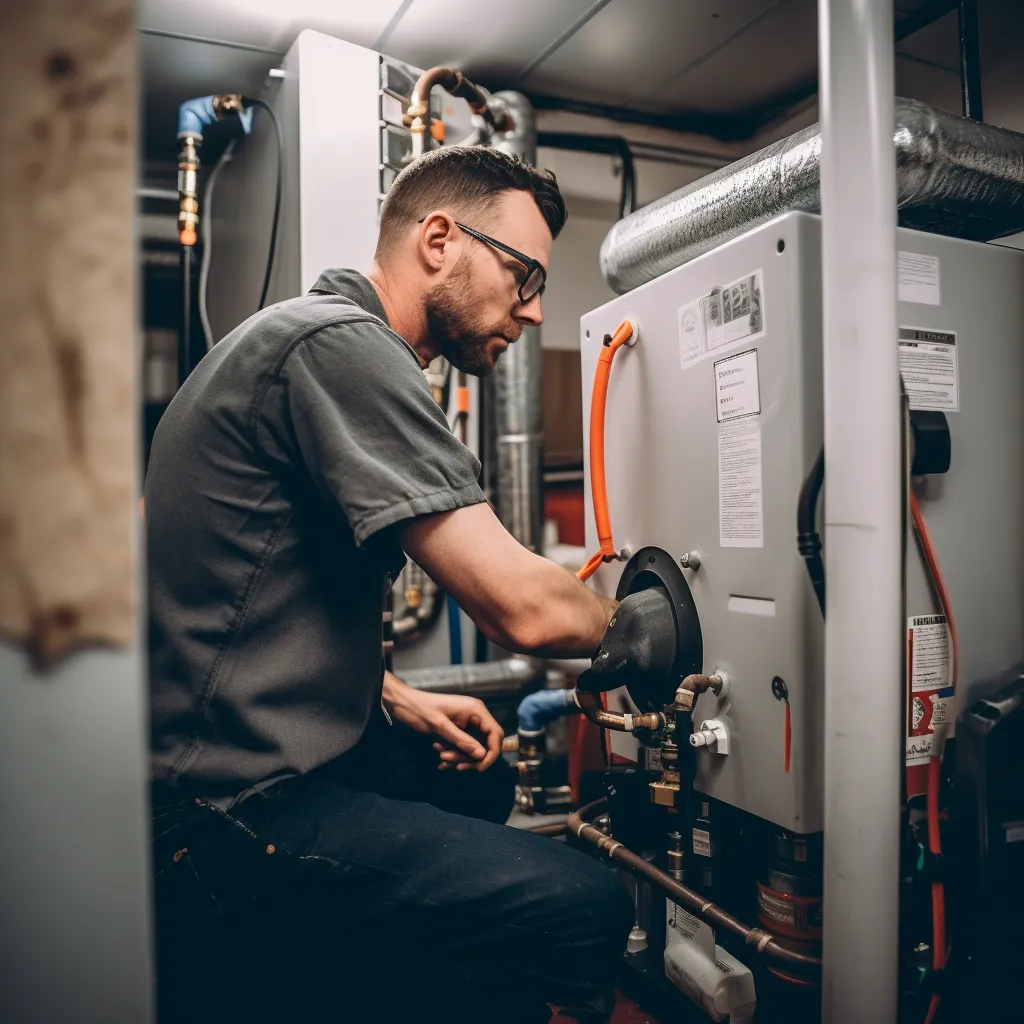
The cost for each type of water heater varies
Water heater replacement can be a costly endeavor, with the final cost depending on the specific unit that is selected.
Traditional tank heaters: While they typically have a lower initial cost, they are accompanied by elevated energy expenses and a shorter operational lifespan.
Tankless heaters: They boast an extended lifespan, reduced energy expenditures, but necessitate higher initial investments.
Heat pump heaters: They come with moderate pricing and have the potential to yield substantial long-term savings.
Solar heaters: They are eco-friendly and have the potential for long-term cost savings, but their initial cost is relatively high.
Smart heaters: These cutting-edge models provide remote control functionalities and incorporate energy-saving attributes.
Condensing heaters: Water heater replacements tend to be more expensive due to their high efficiency.
When deciding between gas and electric models, take into account that gas heaters come with lower initial expenses, whereas electric heaters can be more energy-efficient.
Direct vent water heaters represent the most budget-friendly choice, whereas power vent models come at a slightly higher cost.
What are installation and ongoing maintenance expenses?

Tank water heaters: Generally, they incur lower installation costs but can become pricier to maintain as time progresses.
Tankless water heaters: Water heater replacements may come with a higher upfront installation cost; however, they tend to be more cost-effective to maintain over time. This leads to significant long-term savings for homeowners.
Heat pump water heaters: Their installation costs typically fall in the middle range, akin to tankless heaters, yet they may involve somewhat higher maintenance expenditures.
Solar water heaters: Solar water heaters often come with higher installation costs, primarily due to the need for connecting them to the existing plumbing system of the house.
Factor in the fuel expenses linked to each water heater type. Gas heaters frequently prove more economical than their electric counterparts owing to reduced energy expenses. However, it's crucial to recognize that fuel availability can fluctuate based on your geographical location.
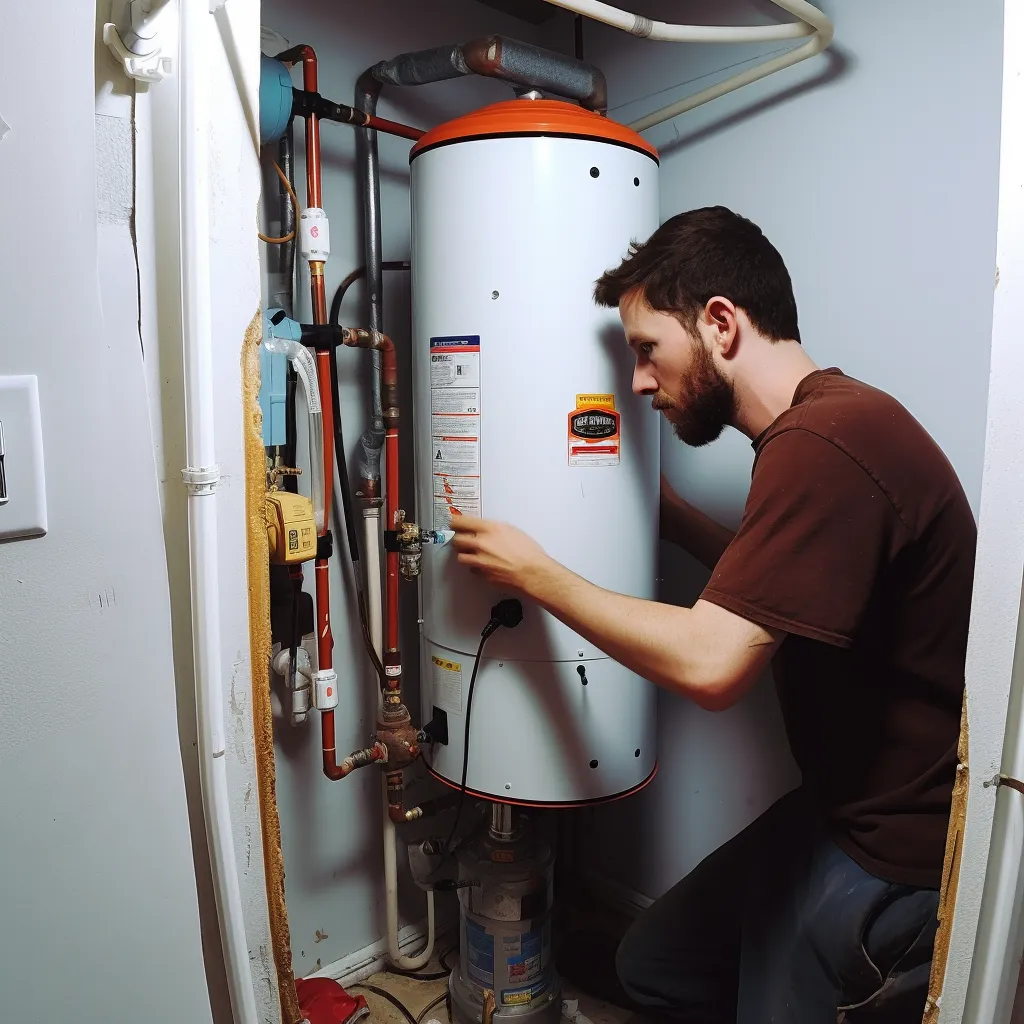
How to obtain a precise estimate for water heater costs
When it comes to estimating the expenses involved in water heater replacement, one might find it challenging to obtain an accurate figure without conducting thorough research. This research includes factors such as installation costs.
When ascertaining the suitable size and type of water heater for your requirements, take into account the size of your household and your hot water consumption habits.
Request quotations from nearby plumbing companies to evaluate the installation and enhancement expenses for your water heater system.
Factor in the expense of the water heater itself, encompassing any warranties or supplementary features that might be necessary.
Tips for saving money on installing a new water heater
When it comes to buying a new water heater, there are several money-saving tips to keep in mind.
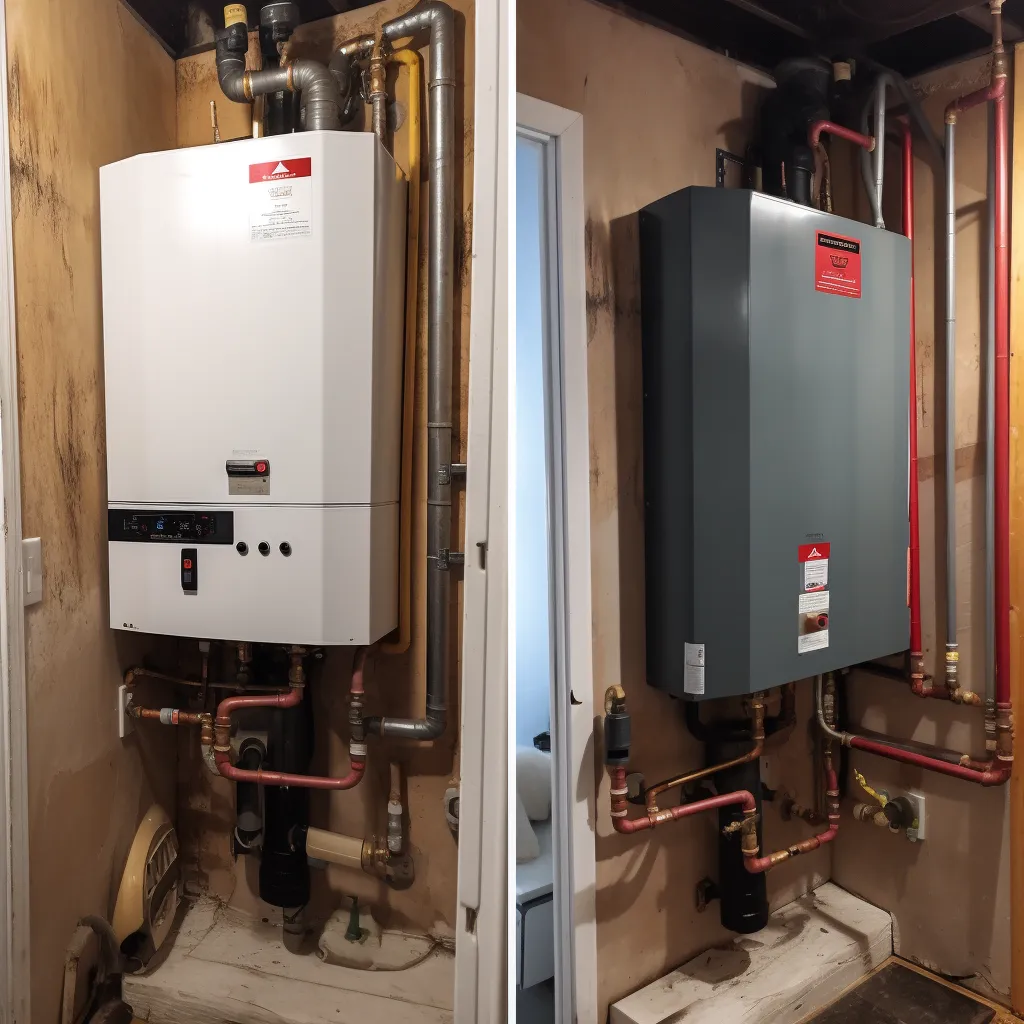
Compare prices from various retailers and plumbing companies to identify the most advantageous offer.
Examine whether your local utility company provides rebates or tax credits for the acquisition of an energy-efficient water heater.
Opt for an energy-efficient model, as it has the potential to generate long-term savings on your monthly utility expenditures.
Go beyond the initial expense and take into account the overall cost of ownership, encompassing maintenance, repairs, and energy usage.
Make the most of package deals or promotions provided by manufacturers or retailers.
If you are in the market for a water heater replacement, it is important to exercise caution before considering a used one. Before making a purchase, be sure to thoroughly inspect the used water heater to ensure its condition and performance.
It's important to consider the expertise and tools required for the task. Hiring a professional for the installation is highly recommended.
Steps to follow if you require water heater replacement services
If your water heater is malfunctioning, and you're contemplating a replacement, opting for a licensed water heater professional is the optimal route. Here are some pointers to assist you in selecting the appropriate specialist for the task:
Ensure that the professional holds the necessary licenses, insurance, and certifications to carry out water heater replacements.
Inquire about the warranties available for both the water heater unit and the installation services.
Ask about the projected timeline for the replacement and any possible delays.
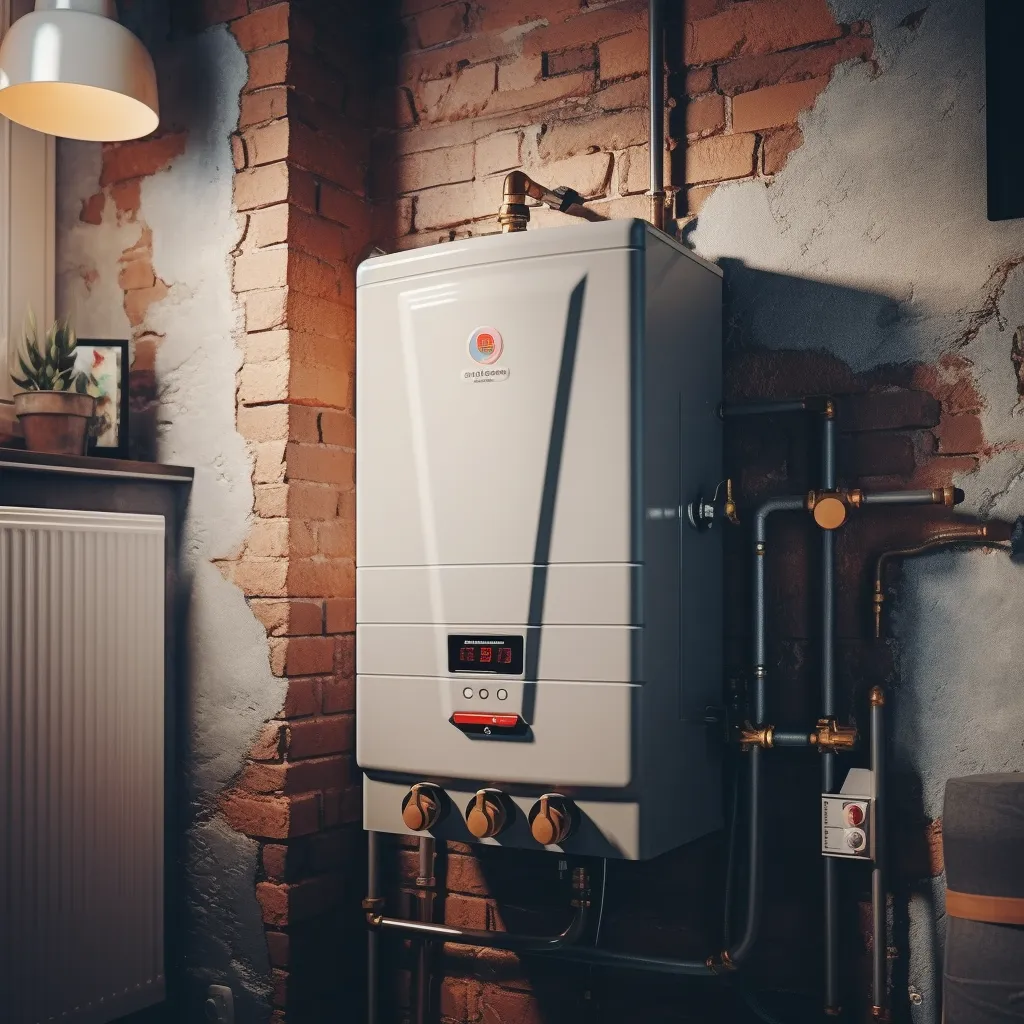
Here's what a dependable water heater pro will do
We provide comprehensive water heater services to fulfill your requirements.
We can evaluate your water heater and ascertain whether it needs repairs or replacement.
We can evaluate your water heater and ascertain whether it needs repairs or replacement.
Our team will furnish you with a thorough estimate encompassing labor, materials, and applicable taxes.
We'll help you choose the most suitable water heater for your particular needs, taking into account factors like size, efficiency, and cost.
Our seasoned technicians will manage the complete installation procedure, guaranteeing a smooth transition from removing the old water heater to setting up the new one.
When it comes to water heater replacement, our top priority is ensuring the highest quality of workmanship and parts. We understand the importance of peace of mind for our customers, which is why we offer warranty coverage.
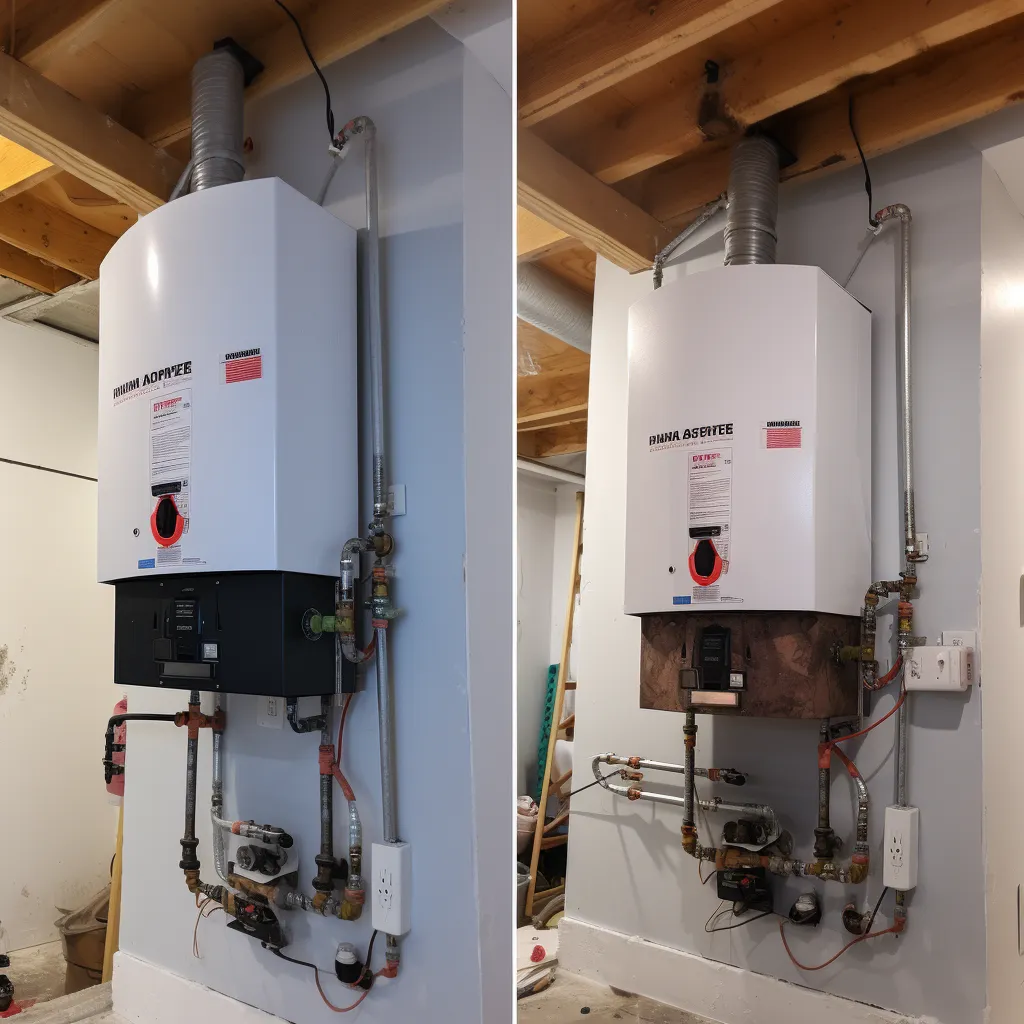
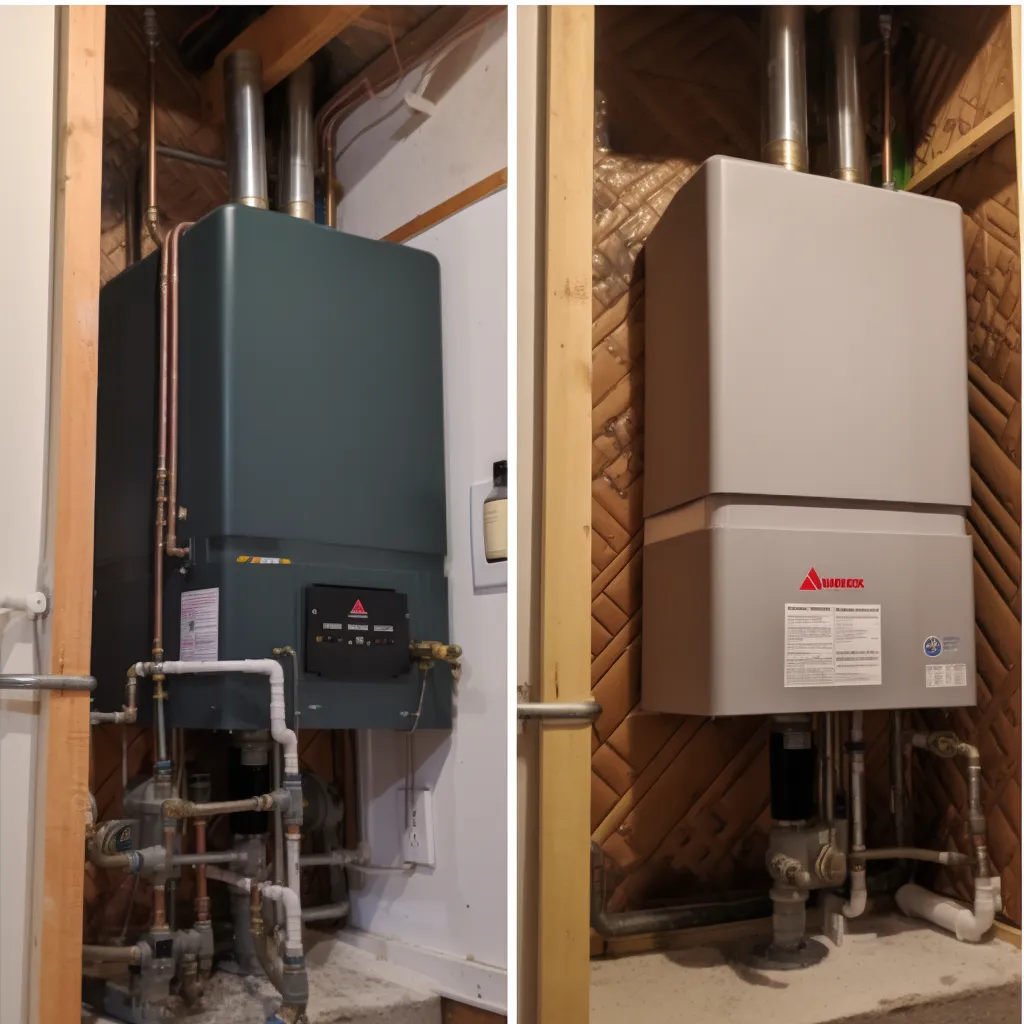
Water heaters don't last forever
Understanding when to replace or maintain your water heater is crucial. The average lifespan of a water heater typically varies from 6 to 12 years, contingent on usage and efficiency. When contemplating a replacement, several factors influence the cost, such as the type and size of the water heater, installation and maintenance charges, and potential savings from rebates, incentives, or extended warranties. It's essential to conduct thorough research and compare various water heater models to make an educated decision. Seeking guidance from a licensed professional can offer valuable assistance and potentially lead to long-term time and cost savings.
Contact Us
GET IN FULL TOUCH
PHONE:+(480) 470-3216
EMAIL:
adam@waterheaterchandler.com
Mil-Spec LLC
Chandler, AZ 85226
